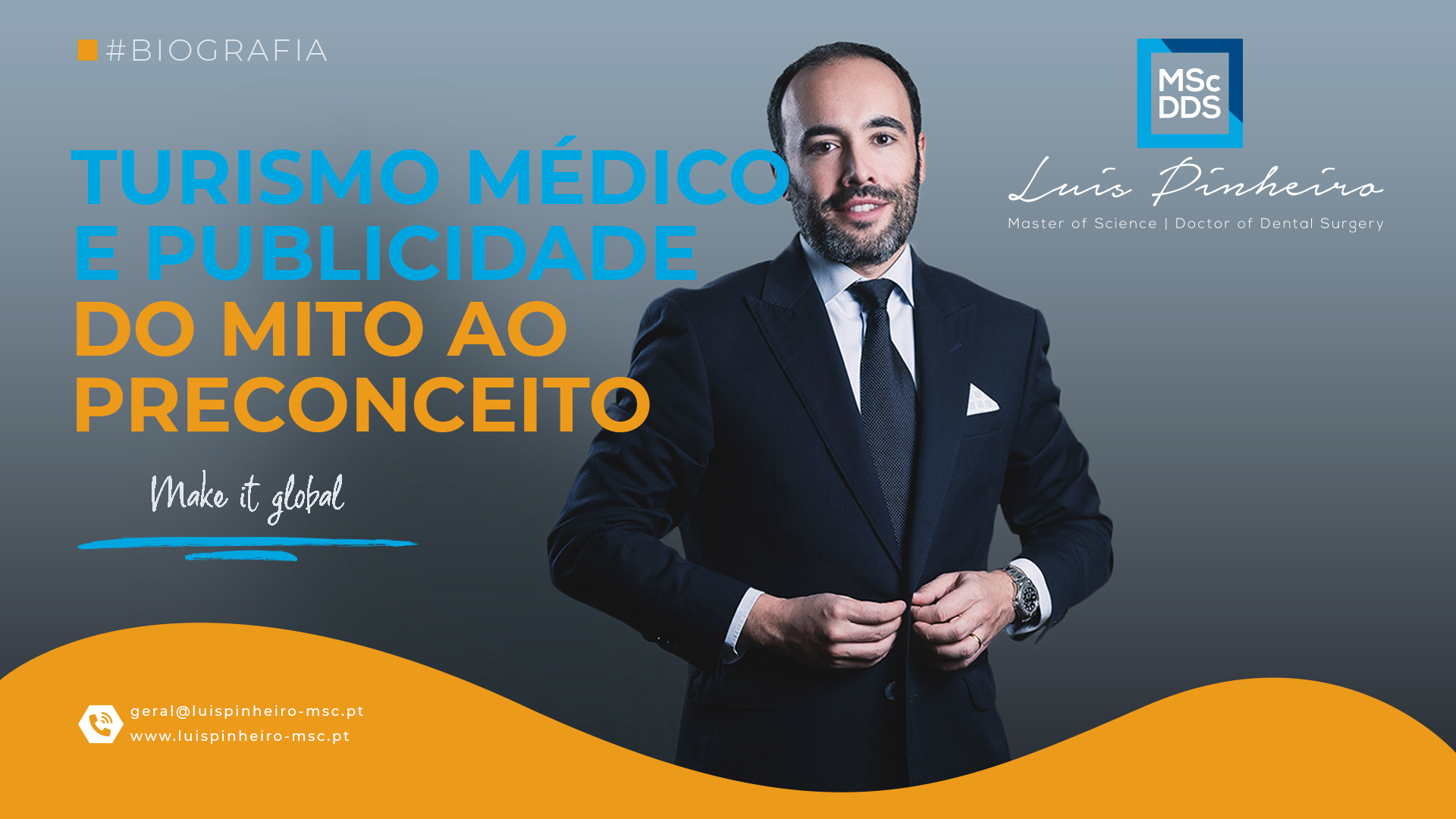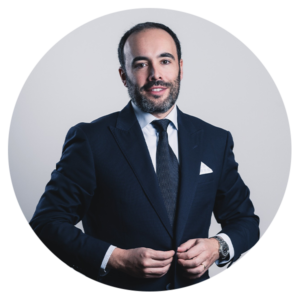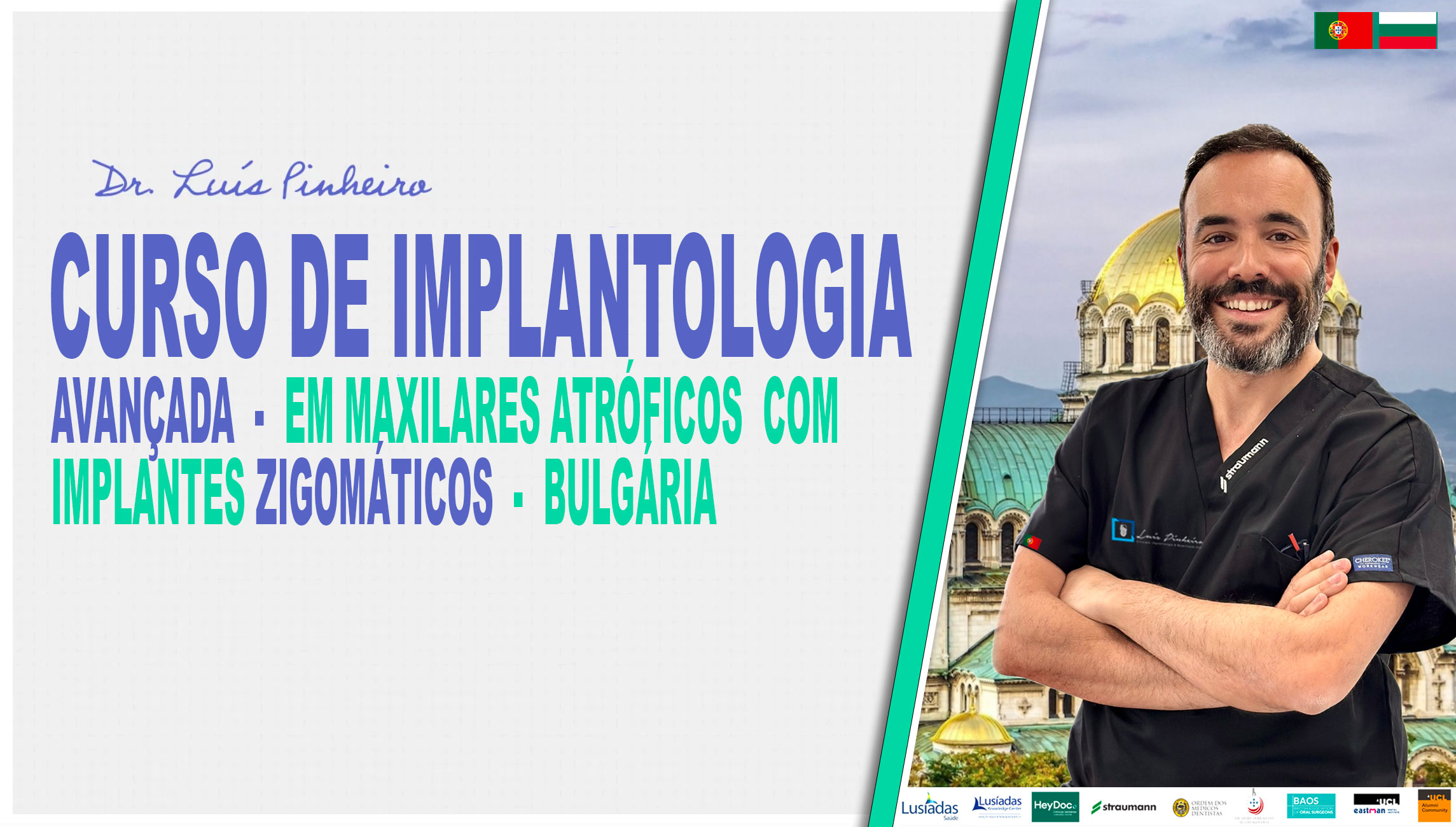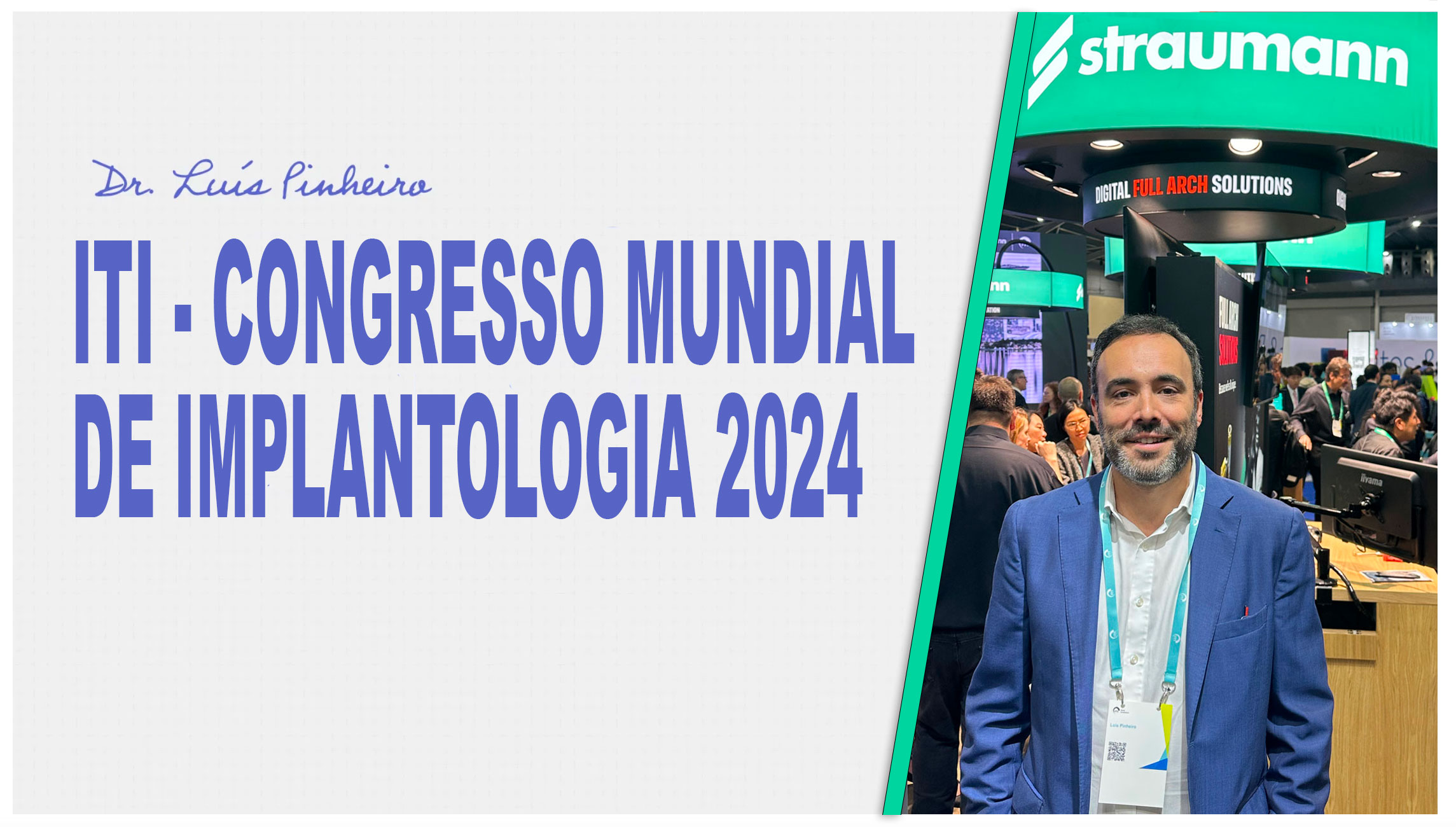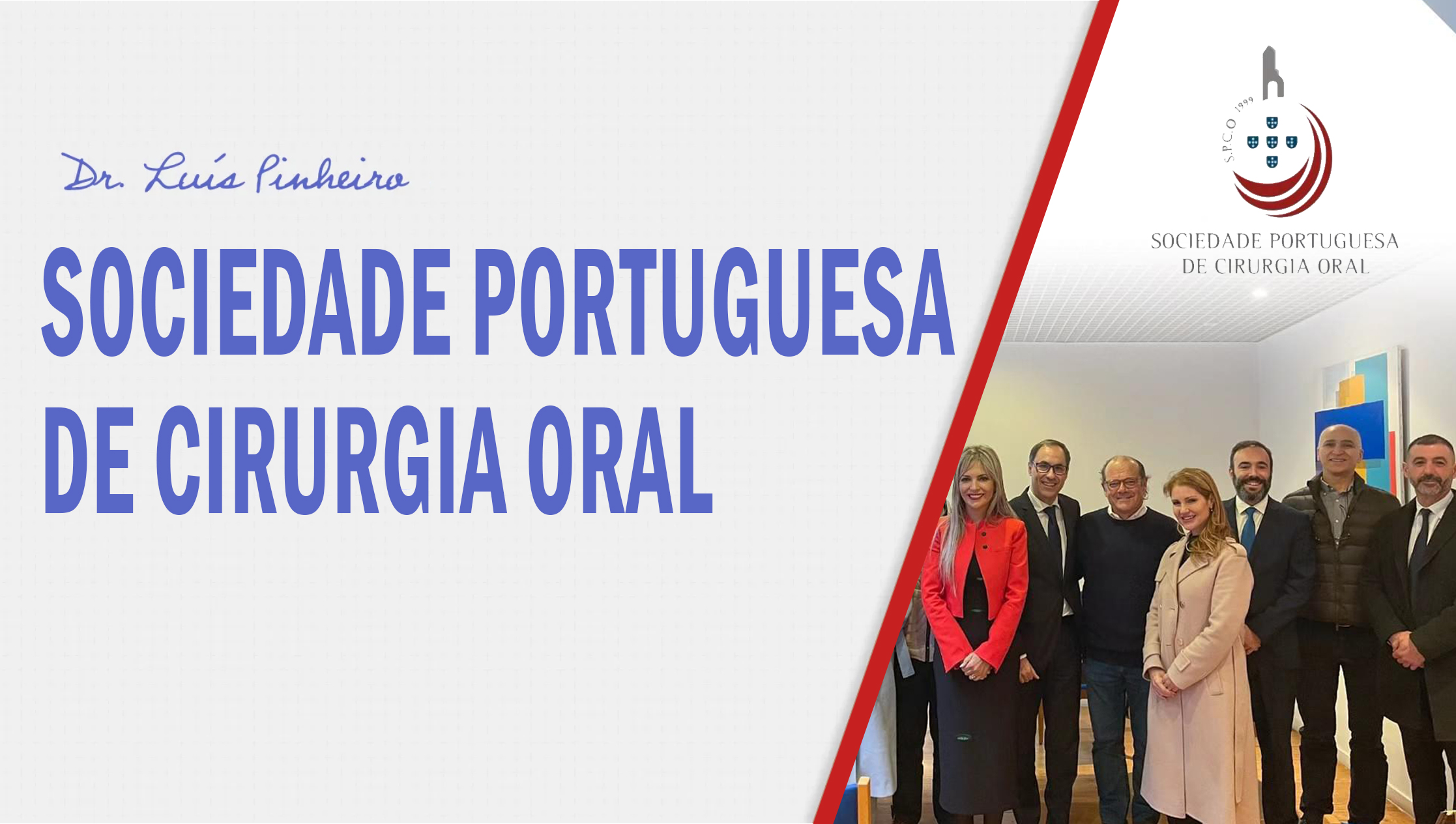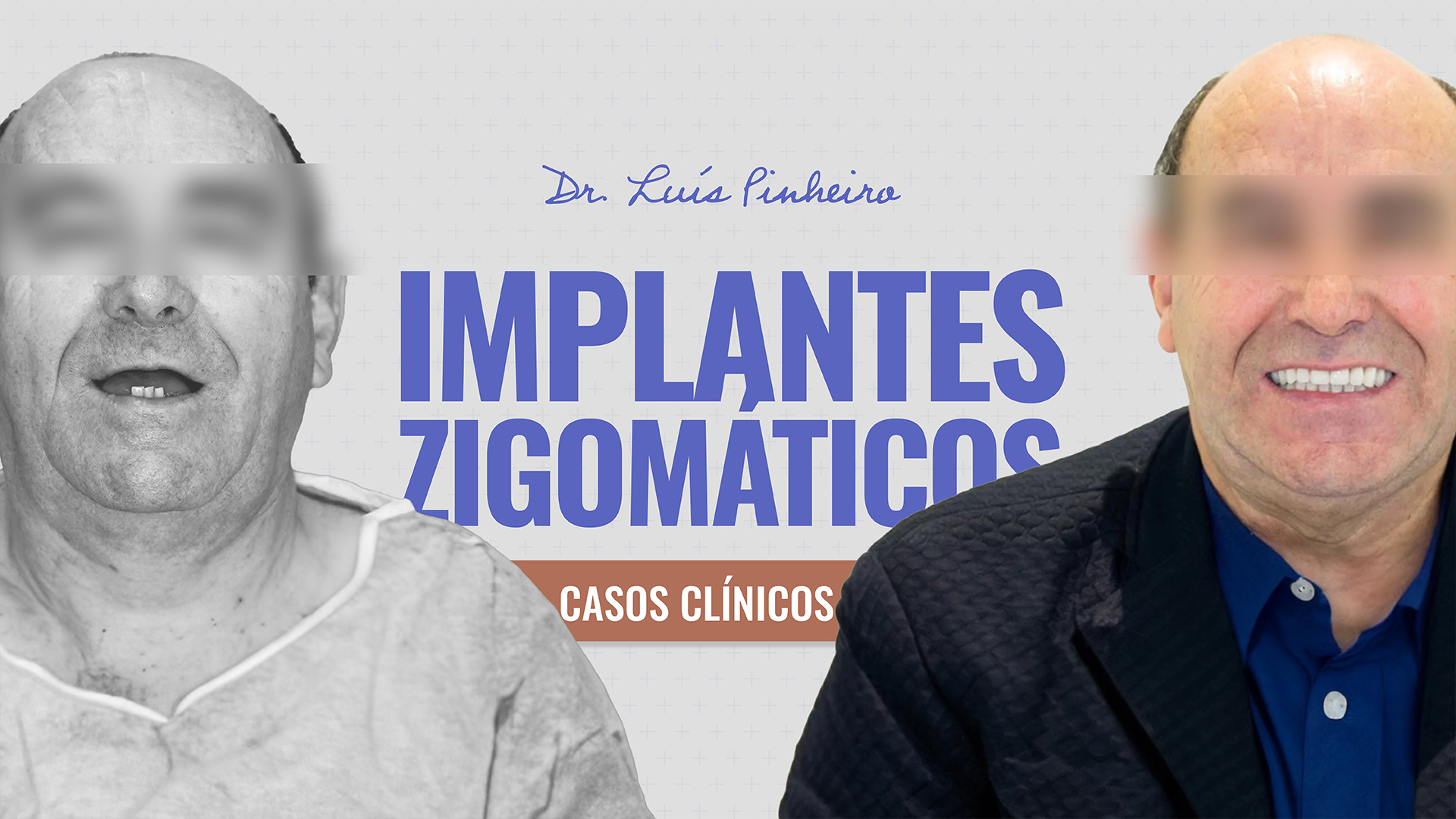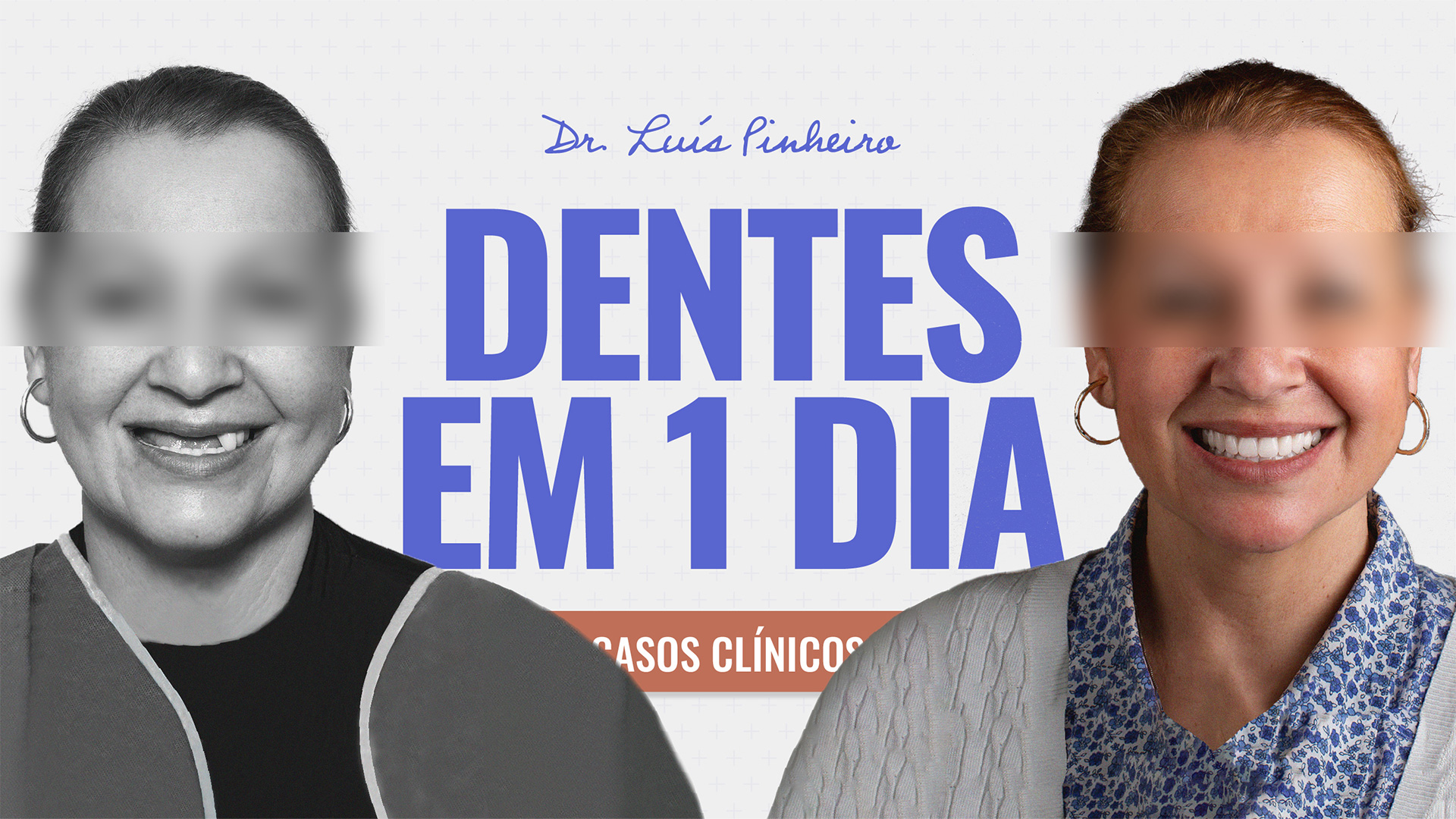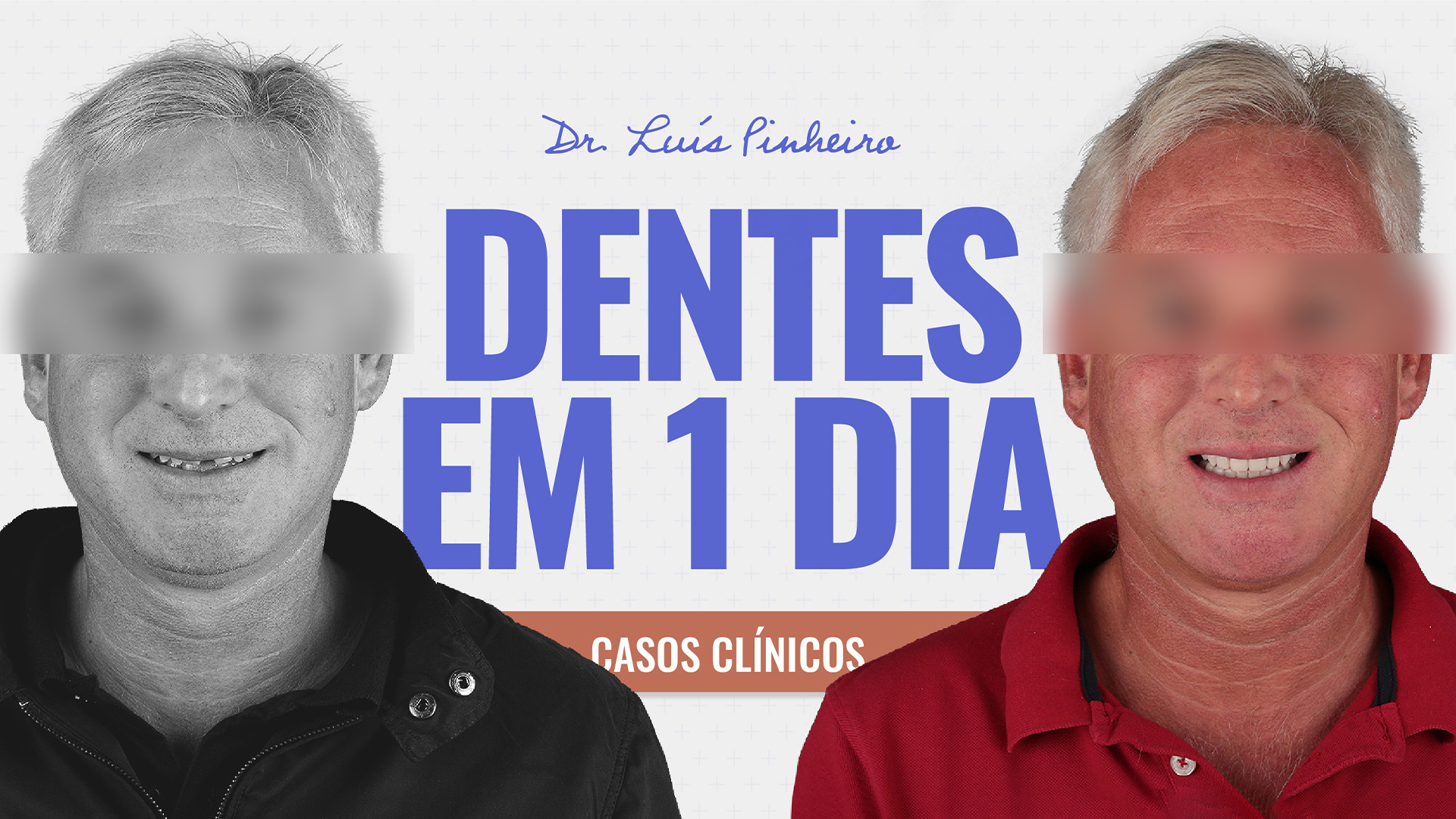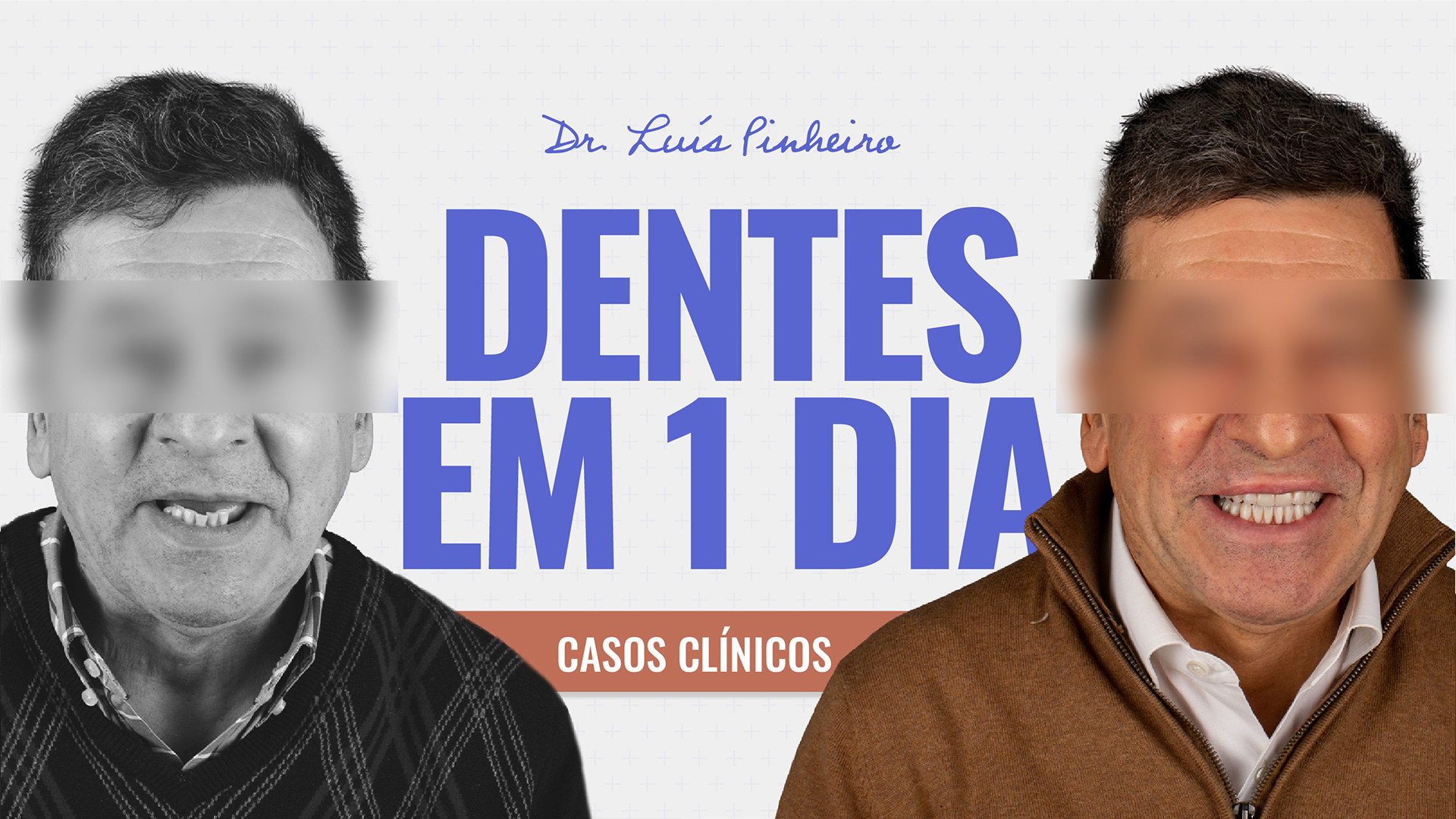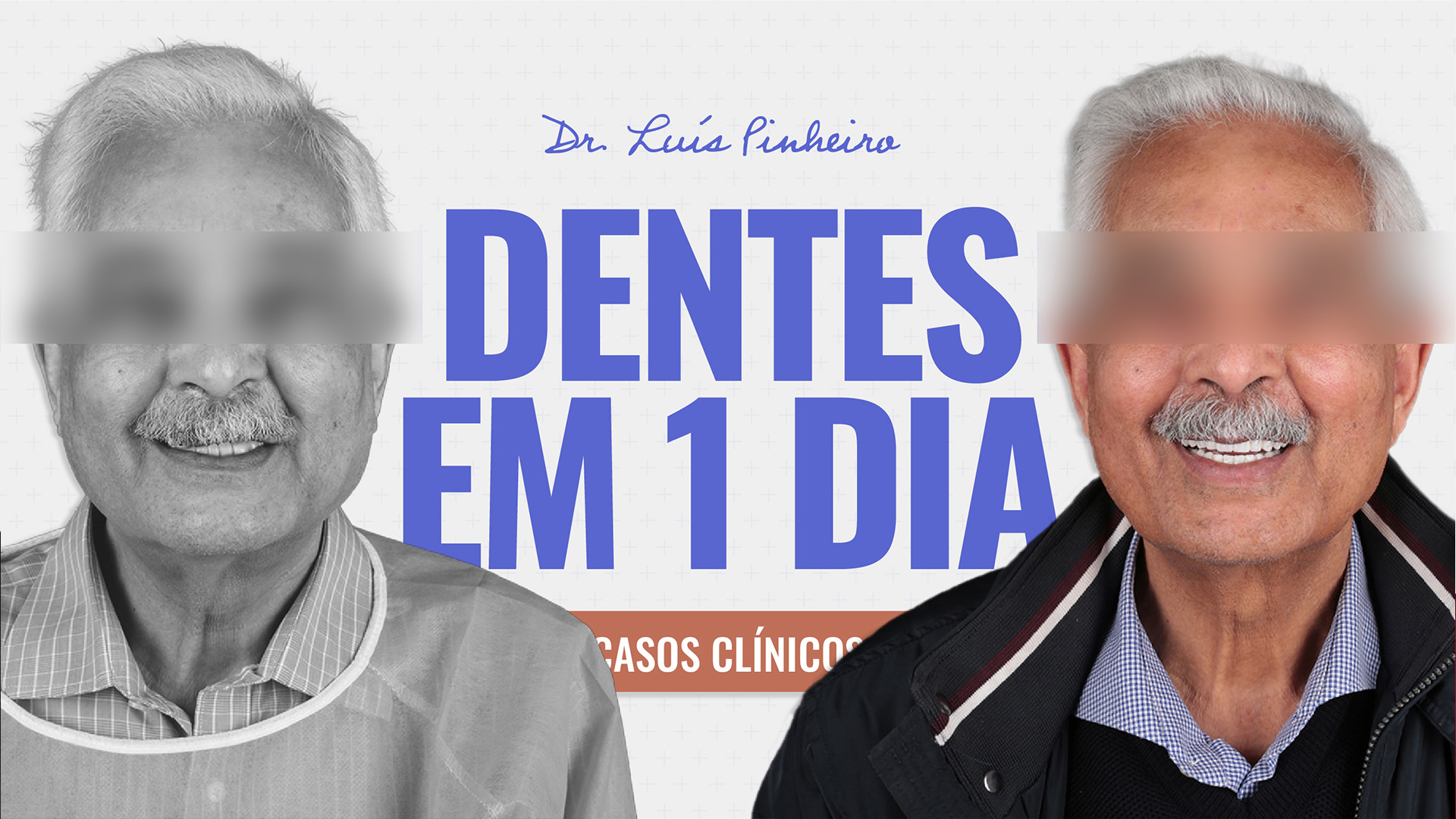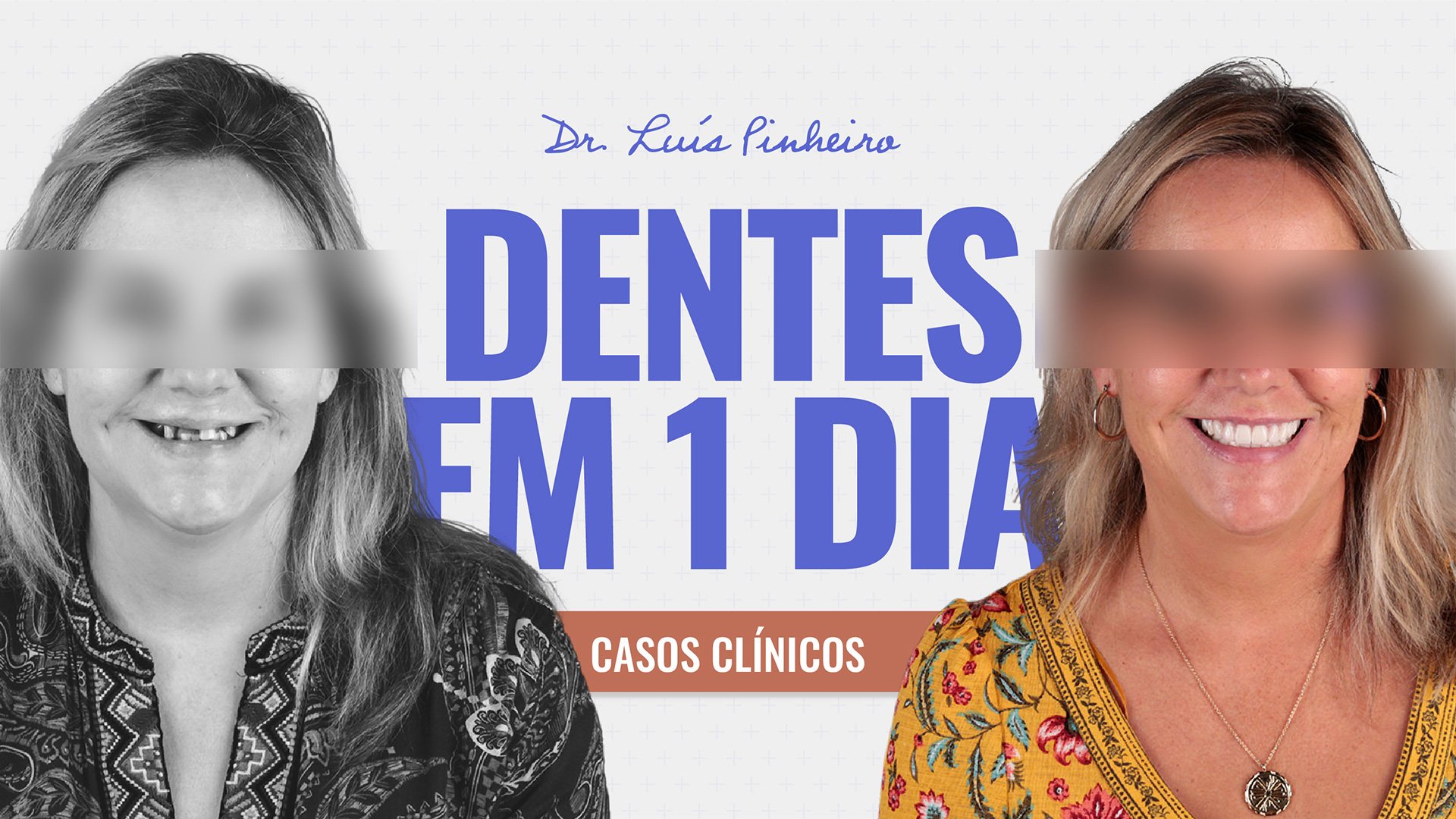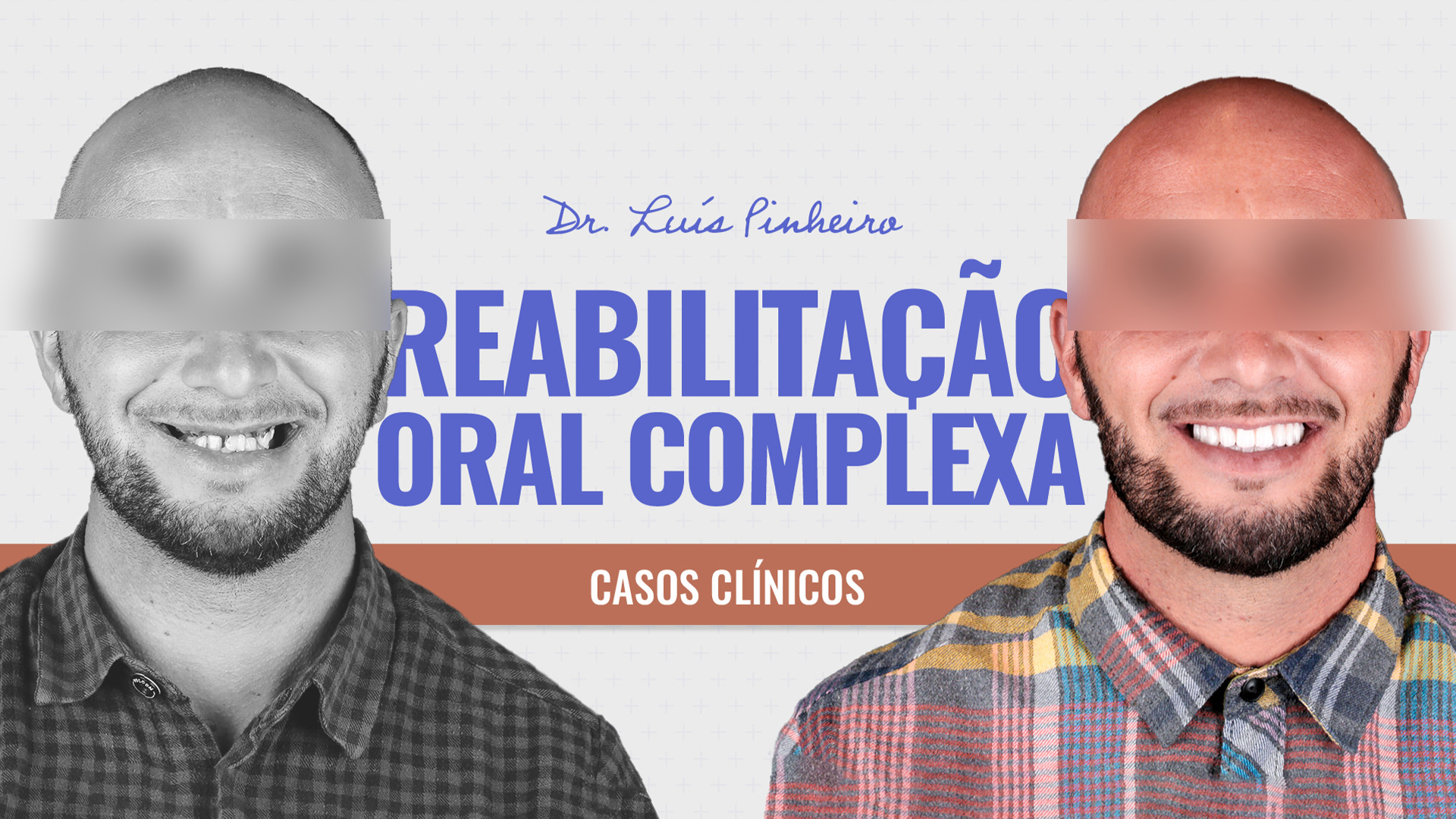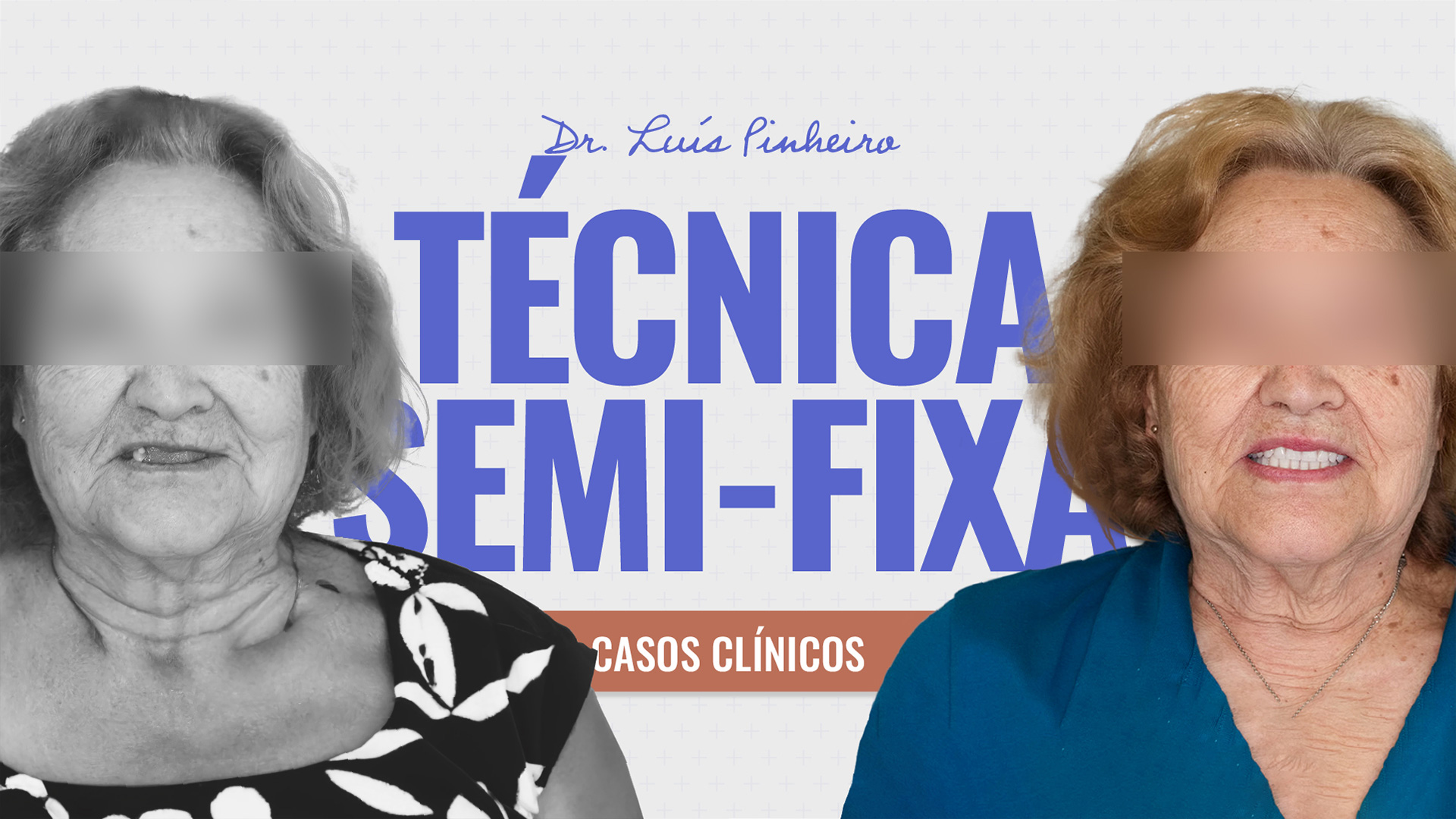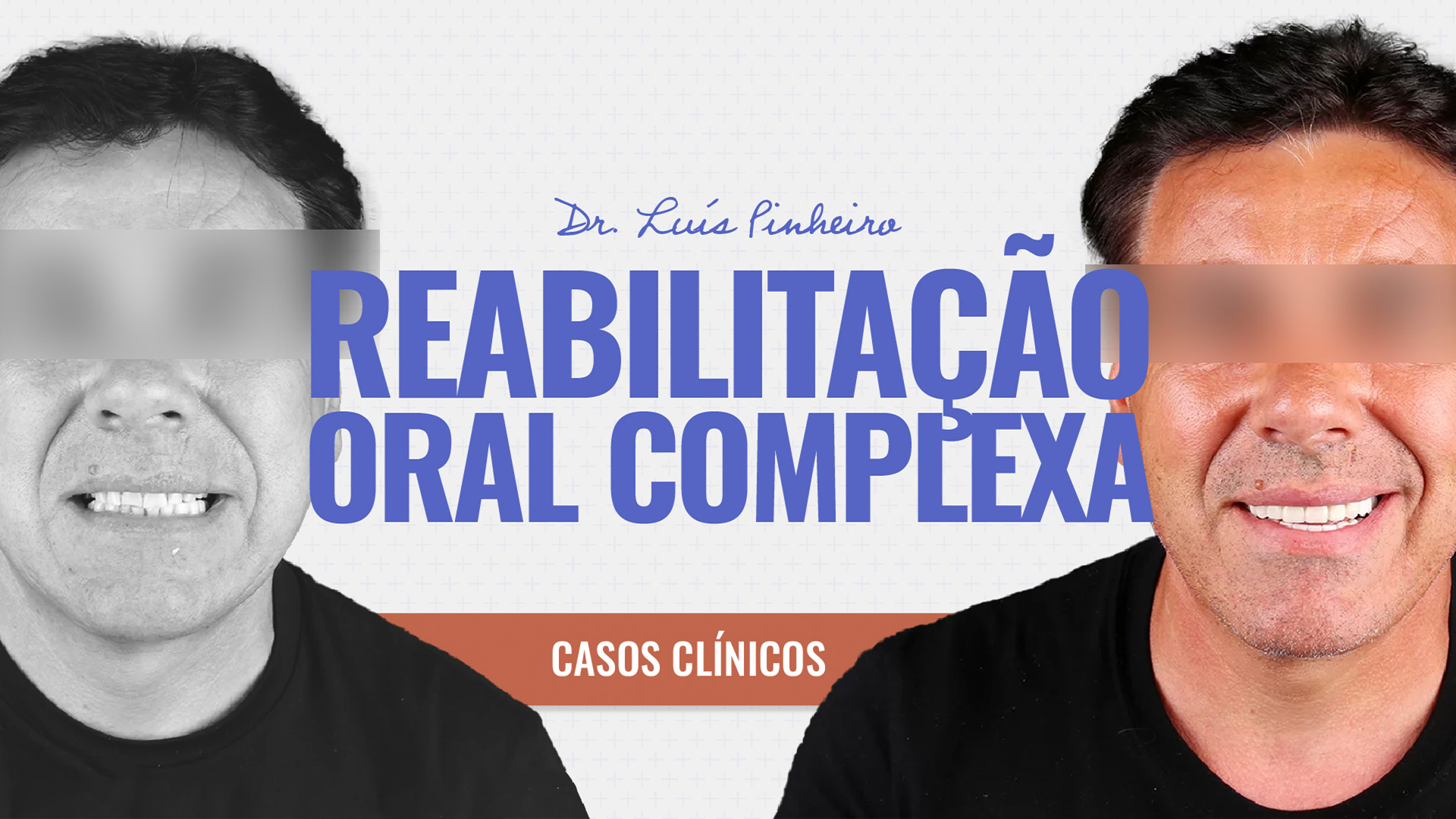Today we live in a completely different way to our parents, and even more so to our grandparents. We can’t fool ourselves. Today, life is faster, the flow of information, data and people is exponentially greater and with a strong tendency to increase. Today we can access information very quickly, accurately and securely, carry out procedures at the touch of a mobile phone, such as making bank transfers, booking plane or car journeys, ordering food conveniently, in short, a whole range of activities such as setting up a new company in an hour, whereas 15 years ago it took weeks and several visits for the same procedure.
In the health sector, the trend is similar, without forgetting, however, the necessary closeness and security that we must always have when we talk about people and, more importantly, when we talk about people’s health and well-being, which is the most precious asset that anyone wants to have or protect for their loved ones.
Medicine, a new era
In medicine, we have online consultations, TV-Medicine, meetings between doctors by videoconference, we are living in an era of digitalisation, computerisation, and advances are being made at breakneck speed in prevention, diagnosis, treatment and follow-up.
When we first started talking about medical tourism in Portugal over the last two decades, we heard a lot about the typical trip to paradise destinations, with two-week holiday packs, where tourists would take advantage of the opportunity and have medical procedures, very much in the area of plastic surgery and dentistry.
Success vs failure
As with everything in life, we’ve heard about success stories and stories of outright failure, real nightmares with limitations and disfigurements for the patients involved. Obviously, as in any other professional field, there are more serious professionals, in terms of procedures and obtaining the curricula that allow them to carry out procedures with rigour, safety and quality, and then there are the curious, the artists, the skilled with strategic shortcuts in learning, real shortcuts through Medicine and capable of repeating some medical buzzwords, but that’s not enough to be able to practice something as serious and rigorous as Medicine in a noble way.
How do we view medical tourism?
We, the medical profession, also started by turning up our noses at these new fashions from abroad. Where have you seen treating someone in a short period of time, in just a few consultations and with people who live far away from our clinics? The same was true of advertising in medicine, in our specific case dentistry. I remember always hearing my older colleagues and Professors at the Faculty commenting:
– If I start advertising, I look like I’m struggling without patients and what will my colleagues and even my patients say?
And what do we have to say about advertising in dentistry?
As far as advertising is concerned, we dentists, and also so that the general public who accompany us and motivate us to want to be better every day in our profession, have an approximate idea, are subject to legislation, the code of ethics of the Order of Dentists that accompanies us, legislates, and gives us the rules so that we can publicise our services, but always in a way that never hurts our colleagues, so that we can always live together in a cordial way, united by the spirit of science, the search for innovative treatments, better materials, and in a spirit of mutual help between peers. We have asked for help, we have helped, we have worked together with other teams and colleagues, which is normal in a profession as specific and demanding as ours.
Why do we publicise our treatments?
When we publicise our services, our facilities, our own CVs, we even show the faces of our entire team, so that our patients, our future clients can get to know us, get to know our services, our facilities, so that those who visit us for the first time already feel a little like part of this great Family that is our clinic. And during consultations we show several cases of other patients that we’sve already done, so that each patient can identify with the different treatment possibilities and so that they can also see and prove that we know how to do what we set out to do. We don’t just build castles in the clouds…
Another reason for publicising what we do is that we like those who follow us, for example on social media, to understand long before they decide to visit us whether or not that type of treatment will meet their own expectations.
We mustn’t forget that we live in a society that is increasingly more informed and more prepared to discuss solutions, to be an integrated part of the decision-making process. In our Team, clinicians and patients are part of the same solution. We are collaborators at the same decision-making level. That old paternalistic view of the doctor who treated the patient almost impersonally, or as a “son or daughter” and even called older people “you”, using a depersonalisation of the patient, has now been completely put away in the dusty drawers of yesteryear. We also have a duty to show off our facilities with our virtual Google tours so that patients can see the type of environment where they will be treated, even before travelling to the Clinics, thus reducing stress and anxiety levels and achieving a more familiar environment.
In search of the peace of mind that excellence harbours
We are very relaxed about our work, we do what we love, we do what we have been prepared and trained to do, so that your treatment is within huge margins of safety and predictability, we are perfectly qualified to do what we set out to do.
Our preparation and accumulated experience
You can be absolutely sure of one thing: we don’t do anything that we’re not highly trained and prepared to do. We are part of a category of professionals who do what they set out to do and promise to do. We don’t just say and publicise that we do it, we actually do it and that’s another reason why we show what we do in our videos. The other reason is simply because our followers and patients asked us to show them. And to be honest, those who don’t want to see it, whom we respect equally, either because they can’t or because they simply don’t want to, have the legitimate right not to see it, simply by not opening the films or images with more explicit treatment and surgery content.
Always the old prejudice
When we talk about medical tourism, one of the first things that comes to mind is prejudice. Prejudice about the unknown; prejudice about travelling to another place; prejudice about the patient being consulted by a highly specialised team; prejudice about novelty; prejudice just because. In the beginning, when this issue began to be debated in Portugal a few years ago, we all had this prejudice too.
Natural selection
As with everything in life, those who don’t evolve disappear. It reminds us a little of when, in 2010, the Portuguese Dental Association made it compulsory for all dental clinics and establishments to be legalised in Portugal. I’ve come across several situations where colleagues older than me and others not so old simply preferred to close their clinic and go to work in other colleagues’ clinics rather than modernise their facilities and bring them up to date. Everything is evolving, as is the concept of the patient/client, with the due fulfilment of their rights and duties always safeguarded for both parties. Long gone are the days when there was very little on offer in the national market for dental treatments. There were situations where it wasn’t even a dentist or stomatologist who carried out the dental treatments. From usurpers of titles and functions, to curiosity seekers, to criminals, everyone had a place in the racket of illegalities that was the practice of dentistry in the days of the “other lady”. And in those days, as there was very little on offer, each clinic had many patients, and if there was dissatisfaction or a lack of quality control, the end was always the same: if this patient doesn’t come back, there are thirty more waiting at the door for an appointment. And in the midst of so much atrocity, so much illegality, so much “three-strikes” treatment (which is still reflected in the older patients who come to our clinics today) the less said, the less publicised, the less shown what was being done, the better.
NOTE WELL!
I’m not trying to say, even ironically or in a disguised way, that in the old days people didn’t know how to work and that there weren’t great doctors and professionals – quite the opposite. There were also many usurpers of titles and functions, because there wasn’t the rigorous control that our Dental Association exercises today.
Who hasn’t heard the story of the clinic where the owner died or retired and the assistant was left to give consultations? Or the story of the 4th class dentist who came back from the army and had his teeth pulled? Or the lab technician, the famous “tooth mechanic” who also does a bit of work in the mouth, without the law allowing it?
Historical facts about dentistry in Portugal
It’s important not to forget, or just to refocus on the subject, that the first dental degree in Portugal dates back to the early 1980s and that our Order of Dentists, once linked to the Order of Physicians, dates back to 1998. So it’s all still very recent, very young, from a historical point of view, and in this way we can say that the Order itself has been growing and learning from the dentists themselves, and we from the Order, in interpreting these new times and this whole new era of digitalisation and social networks.
And with this, our generation of practising Portuguese dentists is one of the most differentiated and specialised we’ve ever had. Proof of this is the number of Portuguese professionals who are very well accepted in other countries that request our professionals, where there is a surplus, for other countries where there is a shortage.
Why Portugal?
And with these excellent qualities, Portugal and its dentists have become the perfect destination for medical tourism, combining the indisputable qualities of our country, which we all know, with the qualities of dentists. And for those who don’t know us, all we have to do is advertise and publicise our work, always in a correct, cordial way, without unfair comparisons between colleagues, without lies or falsehoods, without promising things that we don’t know will work, or that a particular professional doesn’t know how to do but uses as “bait” or misleading advertising. And for all these reasons and more that don’t fit into this short text, I sincerely believe that we should publicise our work, what we do well and often in those treatments to which we dedicate a large part of our professional activity. Each dentist follows his or her own path, we are not all the same, we are a profession, a medical speciality that is very polymorphic, very heterogeneous and that is why we also display our CV summaries on our website with our photograph, without secrets, without shame, quite the opposite, with great pride.
Prejudice as a cardinal sin
Let’s imagine that instead of Medical Tourism, we called it International Medical Treatment. With a bit of luck, I’d register this name as an international society and there would be no shortage of members wanting to pay dues so they could say they were part of the Portuguese Society for International Medical Treatment. Like everything else in life, sometimes it’s a question of how we name things.
Summarising and concluding
Finally, as doctors and clinic owners, as entrepreneurs, we have to know how to create the conditions of safety, quality, comfort and clinical rigour so that a patient visiting us from abroad can feel at home.
For us, medical tourism doesn’t just mean receiving clients from abroad and outside Portugal. No! In addition to these, we welcome our patients and compatriots who are abroad, as well as our compatriots from other cities in Portugal, not just Lisbon or Almada. And for our patients who are neighbours of the clinics, they will be equally well treated and welcome as those who visit us from further afield.
By way of farewell and in jest, here’s a guarantee that we don’t operate like some establishments in our country that have dedicated themselves so much to tourism, that present the menu to us in several languages except Portuguese and treat us badly because we’re not tourists, in our own country!!!… Democracy and equal rights are breathed in our Clinics as in any country governed by the rule of law. And we want medical tourism, as they call it, not to be viewed with such negativity and complexes about God knows what, because ultimately it’s always in our hands to do the job well, with rigour, professionalism and seriousness.
We provide accompaniment and support from the airport, to the hotel, to the appointments.
With appointments prepared to be fewer in number, appointments extended in time, and instead of patients coming to the clinic 6 or 7 times, we do periods of one morning or one afternoon and our team, with all the specialities of dentistry, dedicates itself holistically to each patient, making their smile unique, adapted to their expectations and anatomo-physiological conditions.
See you soon and don’t forget to be happy. After all, smiling doesn’t hurt…
If this is the case, if smiling causes you pain, nausea or imbalance, consult your dentist…
Until next time!

